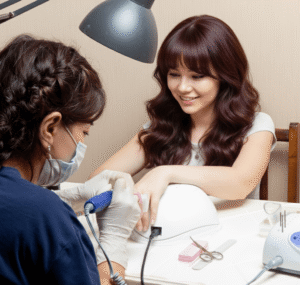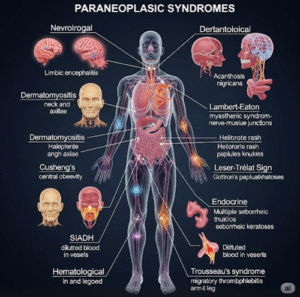Overview
Synovial effusion, commonly known as joint effusion, is the abnormal accumulation of excess fluid within the synovial cavity of a joint. This condition often indicates underlying joint inflammation, injury, or infection. It can cause joint swelling, pain, stiffness, and reduced mobility. Prompt diagnosis and management are essential to prevent joint damage and restore function.
What is Synovial Effusion?
Synovial effusion refers to the buildup of synovial fluid in the joint space beyond normal levels. Synovial fluid normally lubricates joints, but excess fluid may result from inflammation, trauma, infection, or degenerative conditions. Commonly affected joints include the knees, shoulders, hips, and elbows. Effusions can vary from mild to severe depending on the cause.
Symptoms
- Visible swelling around the affected joint
- Joint pain and tenderness
- Stiffness and reduced range of motion
- Warmth or redness over the joint (if inflammation/infection is present)
- Difficulty bearing weight or using the joint normally
Causes
- Osteoarthritis or rheumatoid arthritis
- Joint infections (septic arthritis)
- Trauma or injury to the joint
- Gout or pseudogout (crystal-induced arthritis)
- Autoimmune diseases
- Overuse or repetitive strain injuries
Risk Factors
- History of joint trauma or surgery
- Autoimmune disorders such as lupus or rheumatoid arthritis
- Recurrent joint infections
- Age-related joint degeneration
- Obesity increasing joint stress
- Occupations or sports with repetitive joint use
Complications
- Chronic joint pain and disability
- Joint deformity from untreated inflammation
- Spread of infection leading to systemic illness
- Cartilage damage and accelerated arthritis progression
- Reduced quality of life due to impaired mobility
Prevention
- Protect joints from injury using proper techniques and protective gear
- Manage underlying arthritis and autoimmune conditions effectively
- Promptly treat joint infections
- Maintain a healthy weight to reduce joint strain
- Regular exercise to strengthen muscles around joints
Treatment Options in Korea
South Korea provides comprehensive care for synovial effusion through advanced diagnostic tools and multidisciplinary treatment approaches:
- Diagnosis
- Ultrasound and MRI to detect fluid accumulation and joint inflammation
- Joint aspiration (arthrocentesis) for fluid analysis and symptom relief
- Blood tests to identify infection or autoimmune markers
- Medications
- Nonsteroidal anti-inflammatory drugs (NSAIDs) to reduce pain and swelling
- Corticosteroid injections to control inflammation
- Antibiotics for infectious causes
- Disease-modifying antirheumatic drugs (DMARDs) for autoimmune arthritis
- Procedures
- Joint aspiration to drain excess fluid and relieve pressure
- Arthroscopy for diagnosis and treatment of joint pathology
- Rehabilitation
- Physical therapy to restore joint function and strength
- Occupational therapy for adaptive techniques













